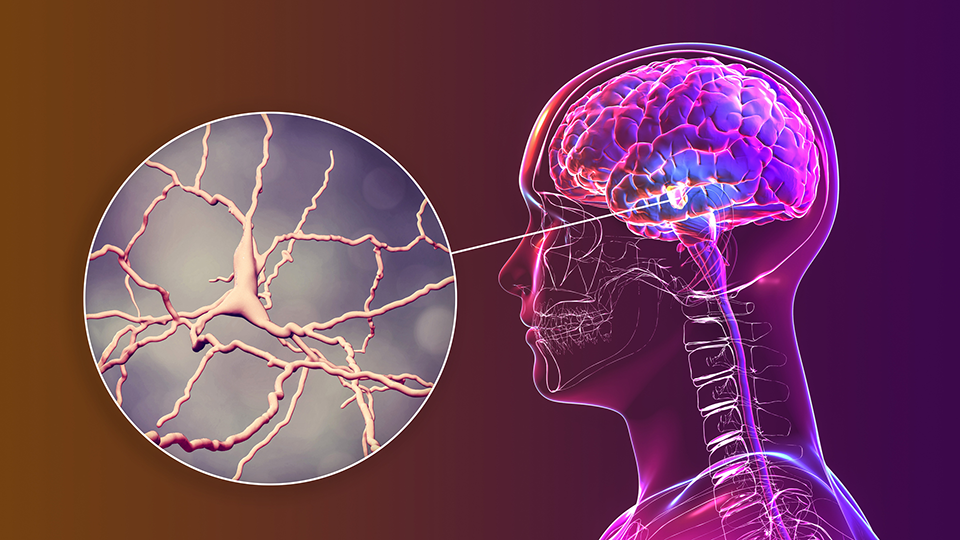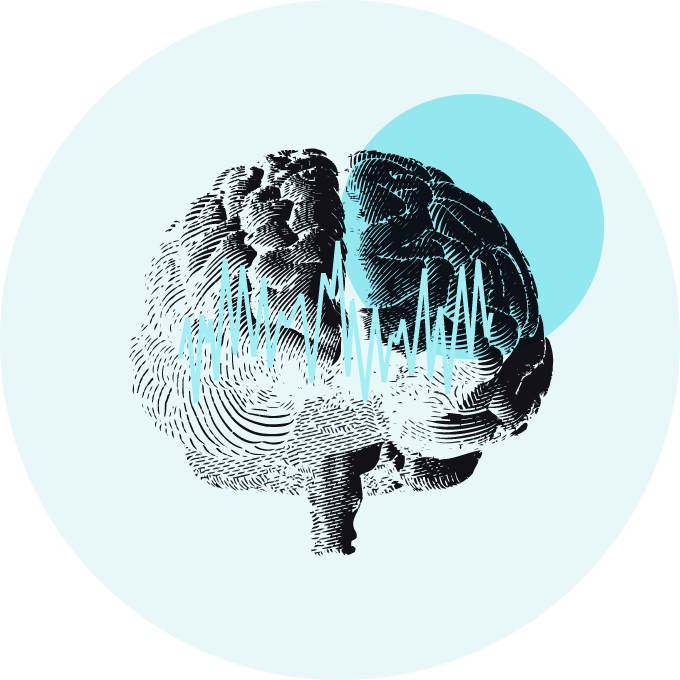Parkinson’s Disease is the second most common neurodegenerative disease after Alzheimer’s. And a new study, published in December 2022 and backed by the Parkinson’s Foundation, found that the incidence of the disease in the United States was 50% greater than previously estimated.
The study was the most comprehensive ever done in North America. Takeaways include:
- The prior estimate of Parkinson’s incidence was 40,000 to 60,000 per year. The new research shows that the number of diagnoses per year is almost 1.5 times higher, at approximately 90,000.
- Estimates of Parkinson’s disease incidence increase with those aged 65 and older.
- Incidence estimates are higher in males than females, no matter the age.
- Rates of Parkinson’s disease are higher in certain geographic regions: the Rust Belt (parts of the northeast and midwest), Southern California, Southeastern Texas, Central Pennsylvania, and Florida.
As the primary risk factor for Parkinson’s is age, these findings align with the growth of the aging population in the United States.
What is Parkinson’s Disease?
 Parkinson’s disease is a degenerative disorder that primarily affects an area of the brain in the basal ganglia called the substantia nigra. The nerve cells in this area produce dopamine, a neurotransmitter responsible for planning and controlling body movement. When these neurons are damaged, dopamine levels decline, which causes abnormal brain activity.
Parkinson’s disease is a degenerative disorder that primarily affects an area of the brain in the basal ganglia called the substantia nigra. The nerve cells in this area produce dopamine, a neurotransmitter responsible for planning and controlling body movement. When these neurons are damaged, dopamine levels decline, which causes abnormal brain activity.
Symptoms of Parkinson’s develop slowly over years and can vary from person to person. These include (but are not limited to) tremors, slowness of movement, limb stiffness, and balance problems.
Per the Parkinson’s Foundation, nearly one million people in the United States are living with Parkinson’s disease. And this number is expected to reach 1.2 million by 2030.
The incidence of Parkinson’s increases with age, yet an estimated 4% of people are diagnosed before age 50. And men are 1.5 times more likely to have this disease than women.
What Causes Parkinson’s?
Parkinson’s is a diverse disorder — no two people experience it the same way. Scientists generally believe that the causes are a combination of genetic, environmental, and lifestyle factors.
Some gene mutations have been linked to Parkinson’s, but these are rare. And while the disease is progressive and isn’t curable, many treatments exist to improve symptoms. These include medicines, physical therapy, and even surgery.
Here at the Brain Treatment Center Dallas, board-certified neurologist Dr. Spencer Miller and his staff offer a new treatment for Parkinson’s: MeRT, or Magnetic e-Resonance Therapy. This advanced treatment may improve symptoms and delay disease progression.*
MeRT: A Non-invasive, Drug-free Treatment for Parkinson’s Symptoms
As you’ve read, the most notable symptoms of Parkinson’s occur when the nerve cells in the substantia nigra degenerate or die. That’s why MeRT treatment is such a breakthrough: It focuses on improving the connectivity of specific neurons in the brain.
MeRT uses brainwave analysis with a Quantitative Electroencephalogram (qEEG) to isolate areas of the brain that are not functioning or communicating as they should. Then, we use Transcranial Magnetic Stimulation (TMS, an FDA-cleared therapy) to gently stimulate those areas and get them back into communication.
This treatment is gentle, non-invasive, and drug-free. Patients treated with MeRT have reported clearer thoughts, reduced tremors, more daytime energy, and better sleep.* In addition, some have estimated that half of Parkinson’s disease patients suffer from clinical depression. And MeRT has been extremely successful in treating depression.*
Read more about MeRT treatment for Parkinson’s here.
Find Out How Parkinson’s Treatment with MeRT Can Improve Your Quality of Life!

When many patients come to see us, they have lost hope as they don’t see any light at the end of the tunnel. It’s rewarding as a practitioner to be able to help so many people realize a much better “normal” and a greatly improved quality of life.
If you have questions or would like to discuss our treatment protocols, we offer a Free consultation by phone. Our New Patient Coordinator will take the time to listen and explain. She can answer most questions and is happy to assist you in any way she can.
MeRT has helped so many people with conditions that they thought they’d just have to live with. Please call us to see if MeRT may be an option for you.
Call our New Patient Coordinator at
214-225-1657
Or Fill in the form below and we will contact you.
Contact Us
*Results are based on active and strict observation of our regimens. Results may vary based on the individual users and are not guaranteed.
